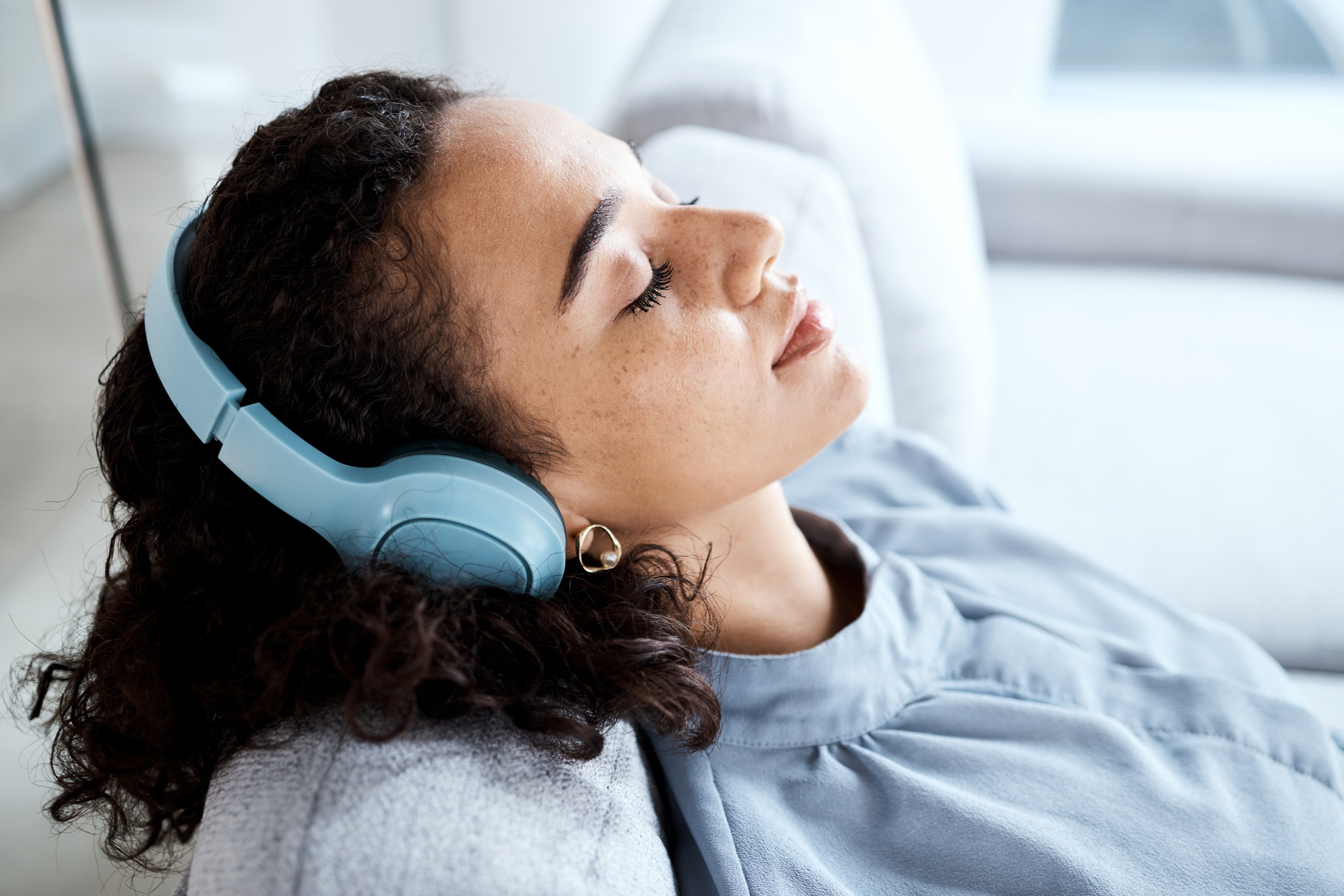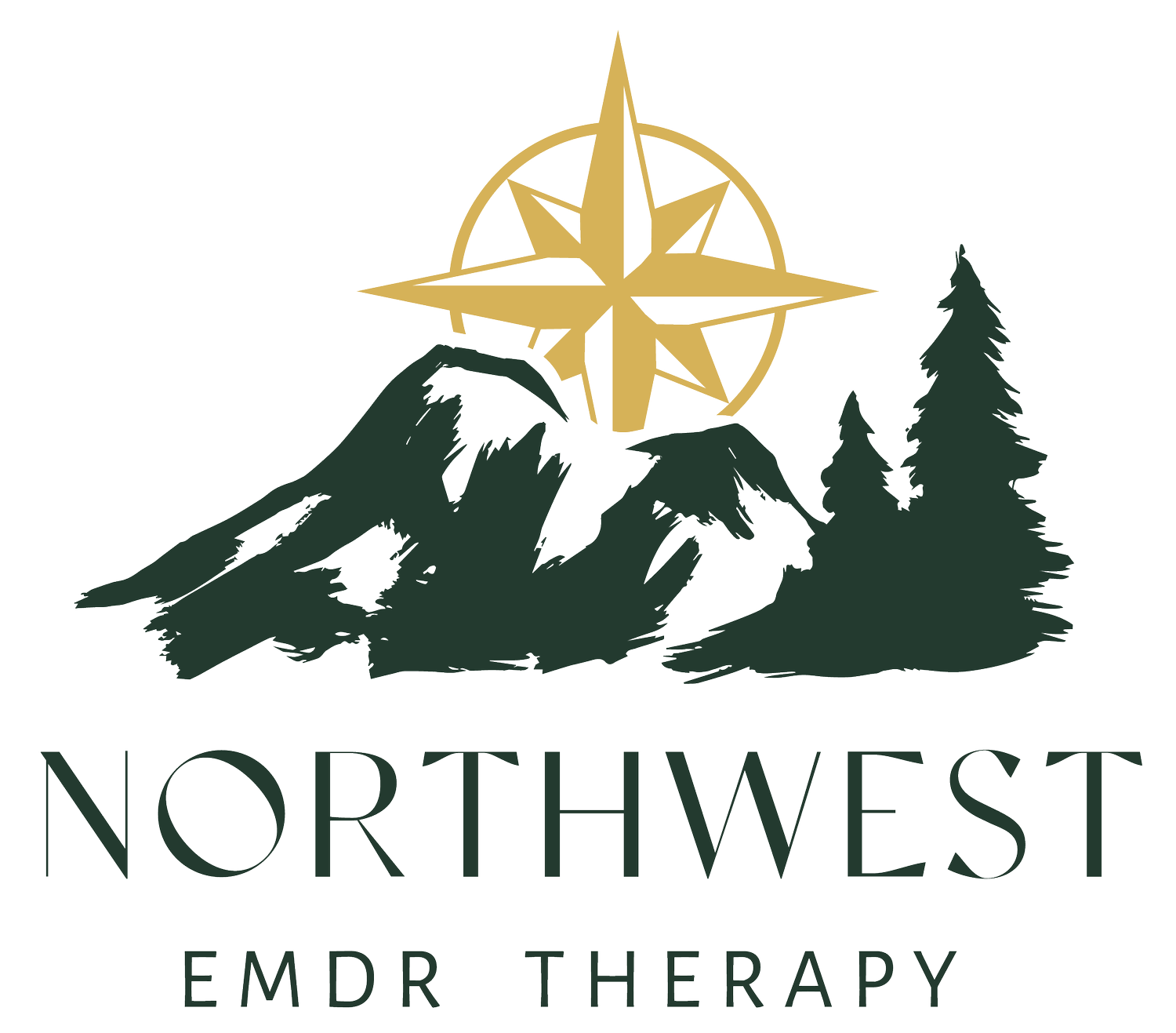As a clinician that practices EMDR therapy, a lot of questions come up. People ask questions such as “is it actually hypnotism?”, it is not. Recently, I had the question regarding a particular style of music and if that could provide the same/similar results as EMDR. That was an interesting question and required some research, as while I would say “yes” to that question, I do not know from a research standpoint. The title of this article is music and emotional regulation, which is great and not entirely focused on EMDR support, but really how music can impact our emotions and the overall benefits of listening to music.
While searching for research on music with EMDR therapy, there is research on using music and alternating the ears in which the volume of the music is coming out of. This is interesting, and would require a lot of hands on support during the session. Also, Randolph (2023), recommends that the music is a very low volume out of whatever ear the music is playing in. This style of bilateral hearing does allow for a deeper level of processing in the brain and would be a useful tools for EMDR therapy. This still does not really answer the question of the style of music having an impact on EMDR therapy. The term “EMDR music” just refers to listening to the music bilaterally and changing the volume from ear to ear to promote the bilateral stimulation of the brain. There is not a particular style of music suggested for the use of the bilateral, or EMDR, music.

Now, how does music help with emotional regulation? There are many tools that can be used to support emotional regulation, and music is just one of the many. Other activities would include physical activity, being one with nature, mindfulness or meditation, appropriate sleep hygiene, having a positive connection to someone around you and being able to use them for expressing your experiences and emotions, and finally, music. Different genres of music work to support different emotions, a lot of it is personal to the individual. Music can be used to support with focus and concentration, expressing emotions, working to cope/process emotions/experiences, and increase more positive emotions even if not paying attention to the music (Bertagnole, 2021).
Listening to music can help with emotional regulation by supporting the person to calm down when the limbic system is aroused, or the individual is feeling under attack. By listening to music, calming music, a person who has an activated limbic system and is going into the fight or flight mode, could allow for the prefrontal cortex to come back into action and support a more relaxed/logical state.
Emotional regulation comes from what is going on around the person, built on the external cues and how the individual is perceiving them (Hellman, 2019). When a person is starting to become dysregulated and a calming song comes on, or a song that brings back happy/positive memories, their prefrontal cortex kicks in, calms the limbic system, and allows the person to begin to regulate their emotions again. This is not a cure all in every situation, but music can be a very powerful tool.
Sometimes we are sad, and just want to feel sad, so we listen to sad music to support getting those feelings out. There are different types of music that can also support with focus and concentration on a task. While I was not able to answer the question of music with EMDR therapy, I do believe that it would be a helpful and effective tool, as well as there is probably a specific style/beat of music that would have a stronger impact on the EMDR reprocessing progress.
